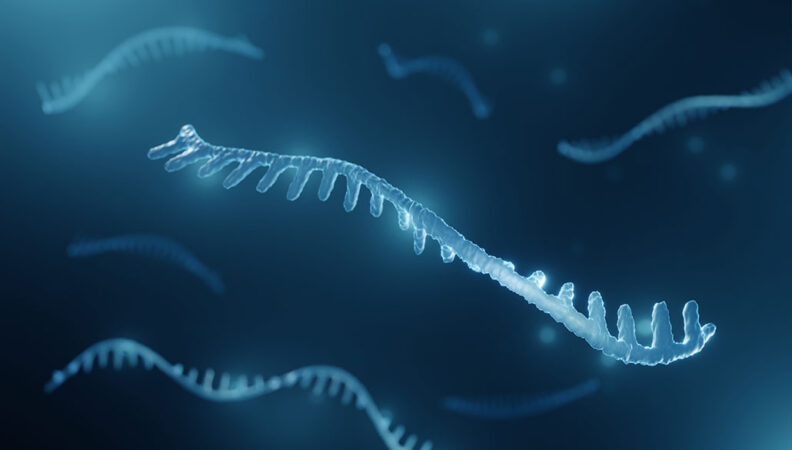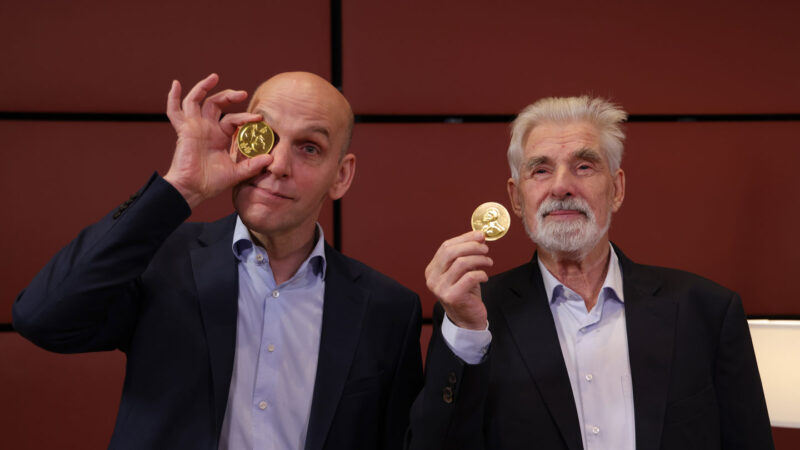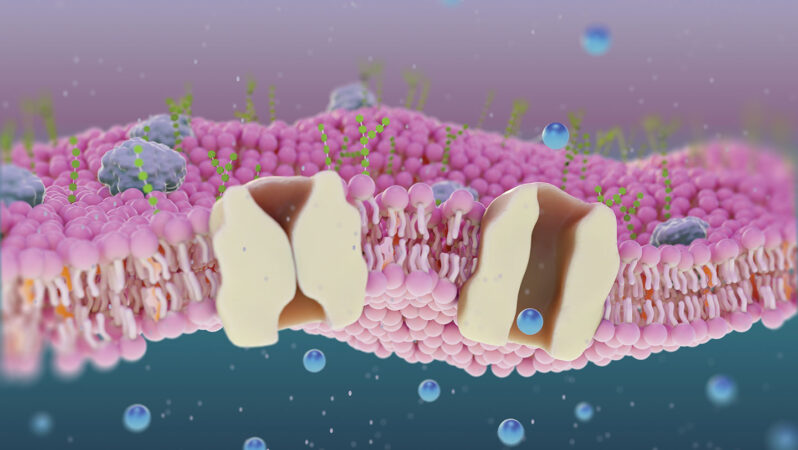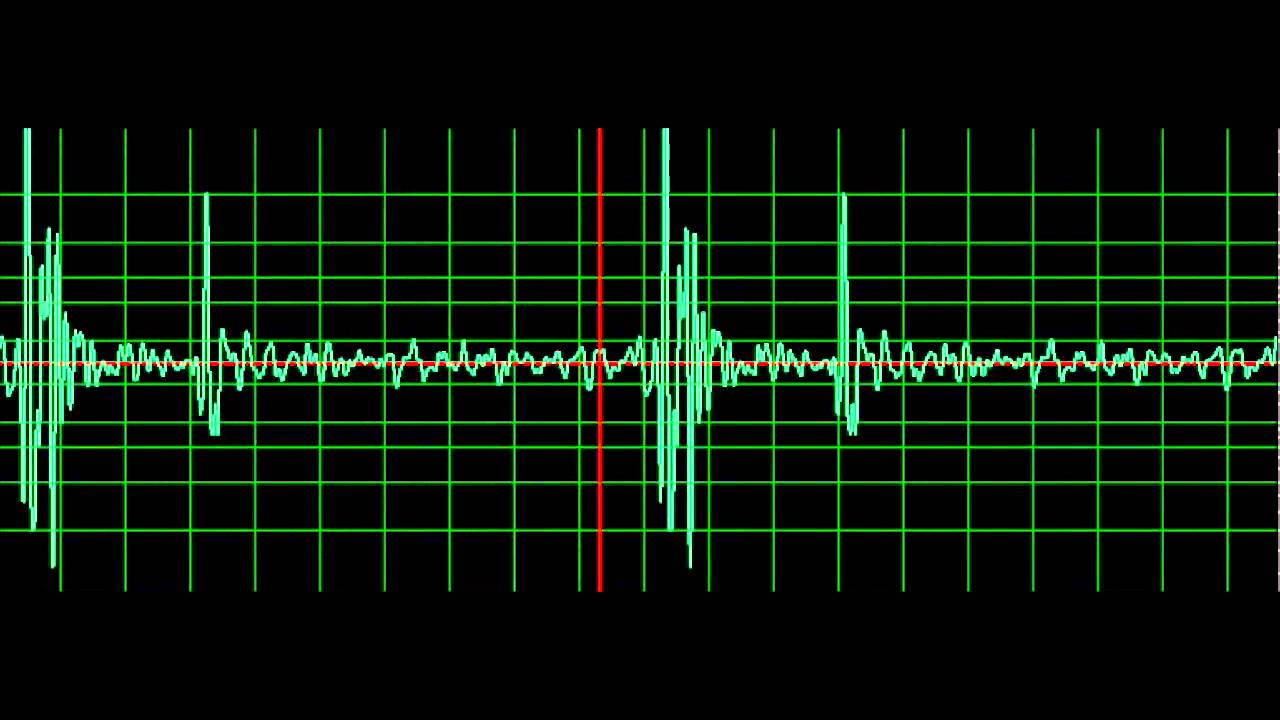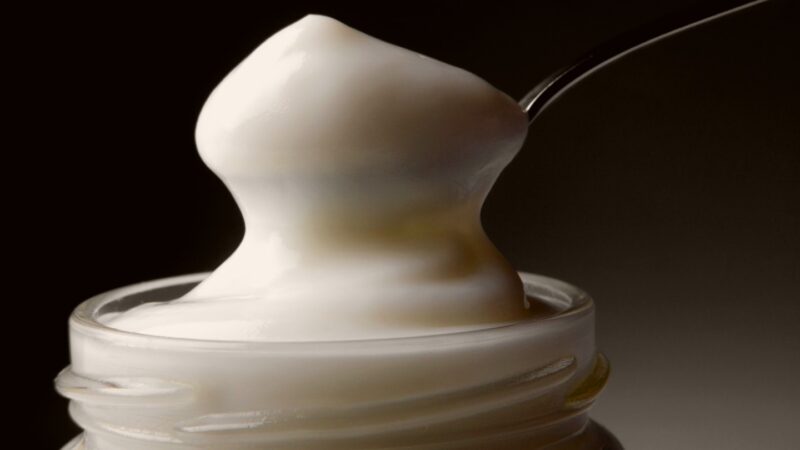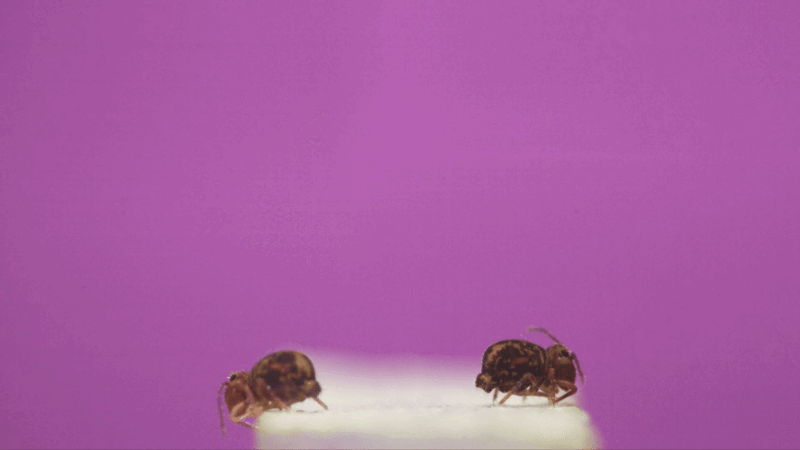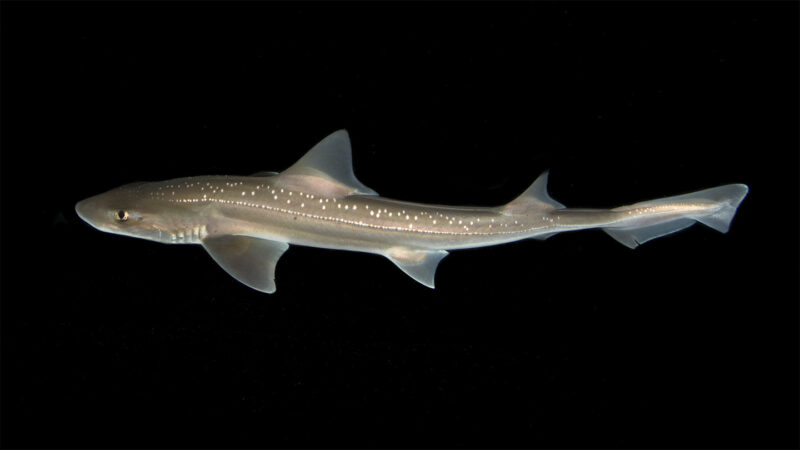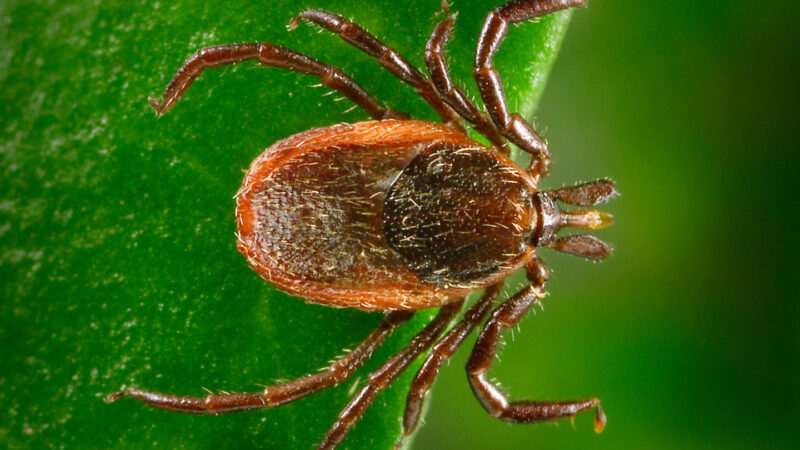The discovery of microRNA wins the 2024 Nobel Prize in physiology
Tiny bits of genetic material known as microRNAs help control how cells throughout the body produce proteins. And that may give these genetic bits an outsized role in health and…
Let’s learn about the Nobel Prize
Early October is an exciting time for science. It’s when the annual Nobel Prizes for physics, chemistry and physiology or medicine are announced. These awards are widely considered the highest…
Scientists Say: Stone Age
Stone Age (noun, “STONE age”) The Stone Age is the earliest of three periods in human history before written records. It started around 3.3 million years ago. That’s when people…
Spacecraft need an extra boost to travel between stars
In Star Wars, pilots enter a dimension — hyperspace — to travel between different worlds. To merge onto this cosmic highway, the ships are equipped with special engines called hyperdrives.…
More than 100 types of bacteria found living in microwave ovens
Even a microwave oven is not immune to bacteria. With microwave radiation bouncing around inside them, these ovens might seem a threatening place to microbes. But scientists have just turned…
Explainer: How cells use chemistry to make the electricity of life
Every second, cells throughout your body send out small electrical signals. Tiny jolts control your heartbeat. In your brain, cells use electricity to release chemicals that make you feel happy…
Zap, zap, zap! Our bodies are electric
Our daily lives seem to run on electricity. Electric lights illuminate our rooms. Electric power runs our computers, microwave ovens, cell phones and countless features on our cars. When we…
Explainer: Anatomy of a heartbeat
Your heart beats about 100,000 times per day. That’s around 3 billion times over an average lifetime. Each beat pumps blood to the lungs, where it picks up oxygen. From…
Weirdly, mayo can help study conditions ripe for nuclear fusion
Mayonnaise is useful for smearing on sandwiches and prepping potato salads. But scientists are now using it to study nuclear fusion. How mayonnaise behaves can vary. If jiggled gently, it…
A springtail’s spring-loaded backflip is fast — really fast
Simone Biles has nothing on this tiny backflipper. The globular springtail (Dicyrtomina minuta) is so small it could straddle the tip of a pencil. Yet this insect-like animal can vault…
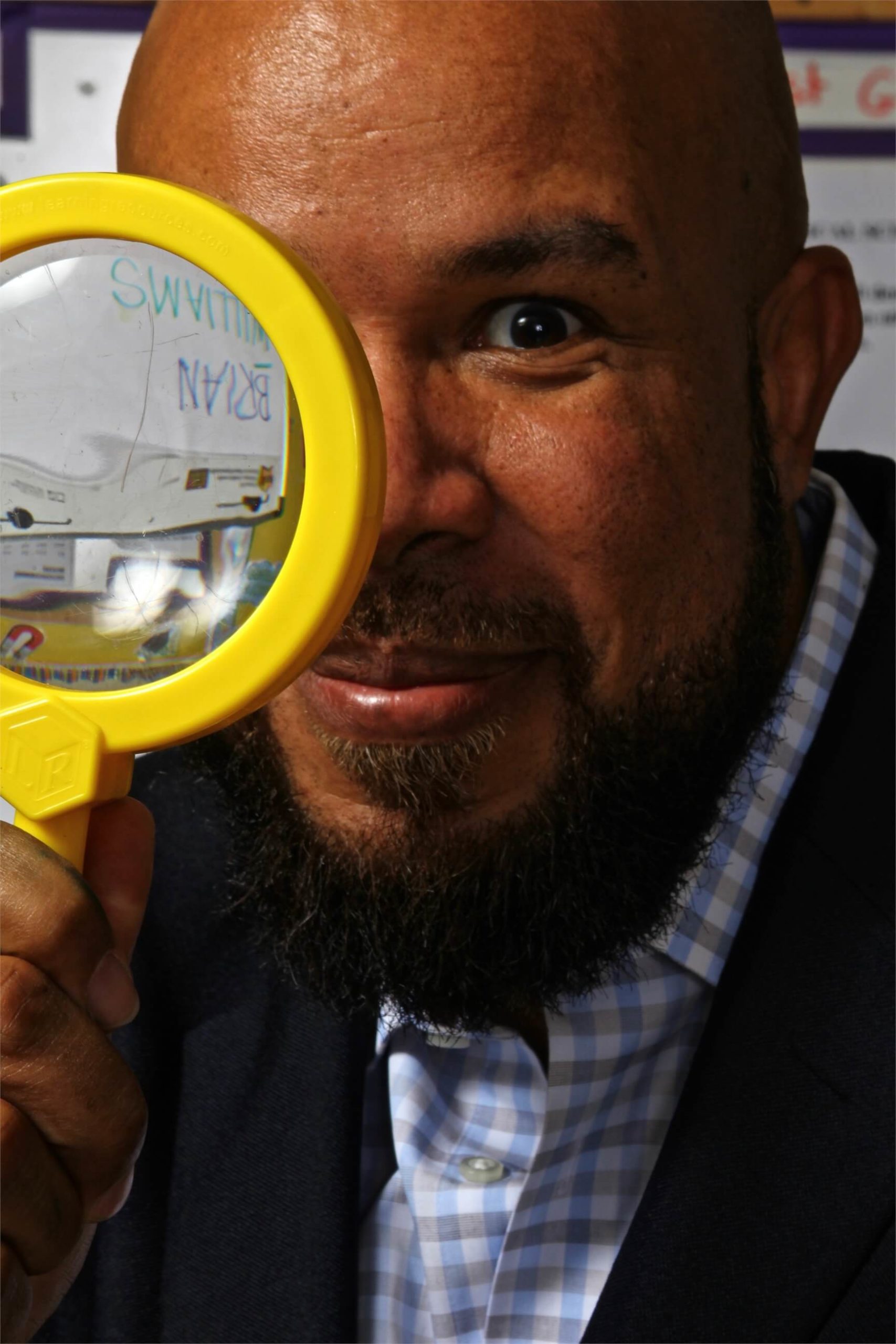
Get to Know
Brian Williams
recent post
follow us
QUICK LINK
GET INTOUCH
- randy.patel@mail.com
-
LA-Studio
2231 Redbud Drive
Whitestone, NY 11357
Copyright 2022 by LA-Studio
Supported by

